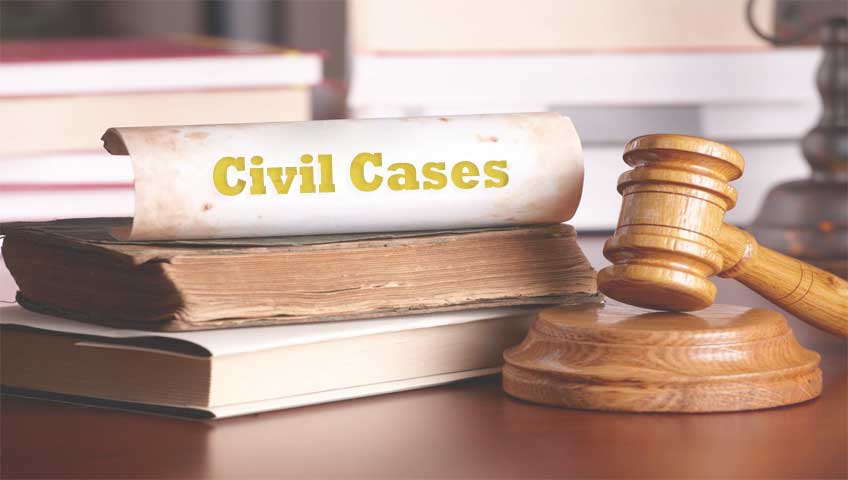
- August 3, 2022
- |Civil Law, Practice, And Procedure, Concise Law Reports (CLR)
CIVIL PRACTICE: AMENDMENT OF PLEADINGS
In an ongoing action between the parties, the applicants (plaintiff in the main action) sought to amend their pleadings, which the respondents (defendants in the main action) opposed. Applicants asserted that the amendments were necessitated by what was discussed at a meeting called by the first respondent, when the lawfulness of the first respondent’s previous meetings were being challenged. PARKER AJ examined the interpretation of the rules of court on amendment of pleadings, Rule 52(1) which provides that: ‘A party desiring to amend a pleading or document, other than an affidavit, filed in connection with a proceeding must give notice…’ and stated that:
In terms of the rules of court, an amendment may be sought in respect of ‘a pleading’ that has already been issued from the registrar’s office; that is, in respect of the instant matter, the pleading in the main action. But in the instant matter, the proposed amendment is not sought to correct a mistake made in the pleading respecting the action or to prosecute or clarify existing claims.
The material aspects in respect of the applicants’ claim contained in the proposed amendment are – as a matter of law and fact – alien to the material aspects as regards applicants’ claim contained in the original papers filed in the main action. In the originating process filed in the action, the pleading there concerns a series of meetings held ‘on days unknown’ between December 2020 and October 2021. The proposed amendment concerns a meeting held on 23 December 2021. The two meetings are separate materially in time and context.
The court then held that:
- Notwithstanding that the effect of an amendment will be to add or substitute a new cause of action, such amendment will be allowed, but only if the new cause of action arises out of the same facts or substantially the same facts as a cause of action in respect of which relief has already been claimed in the action by the party applying to make amendment.
- Amendment will not be allowed where the amendment is inconsistent with the known facts of the case.
In the result, the court found that the applicants did not make out a case for the relief sought and the application was dismissed with costs.
High Power Holdings (Pty) Ltd v Imprint Investments (Pty) Ltd NAHCMD 3 August 2022